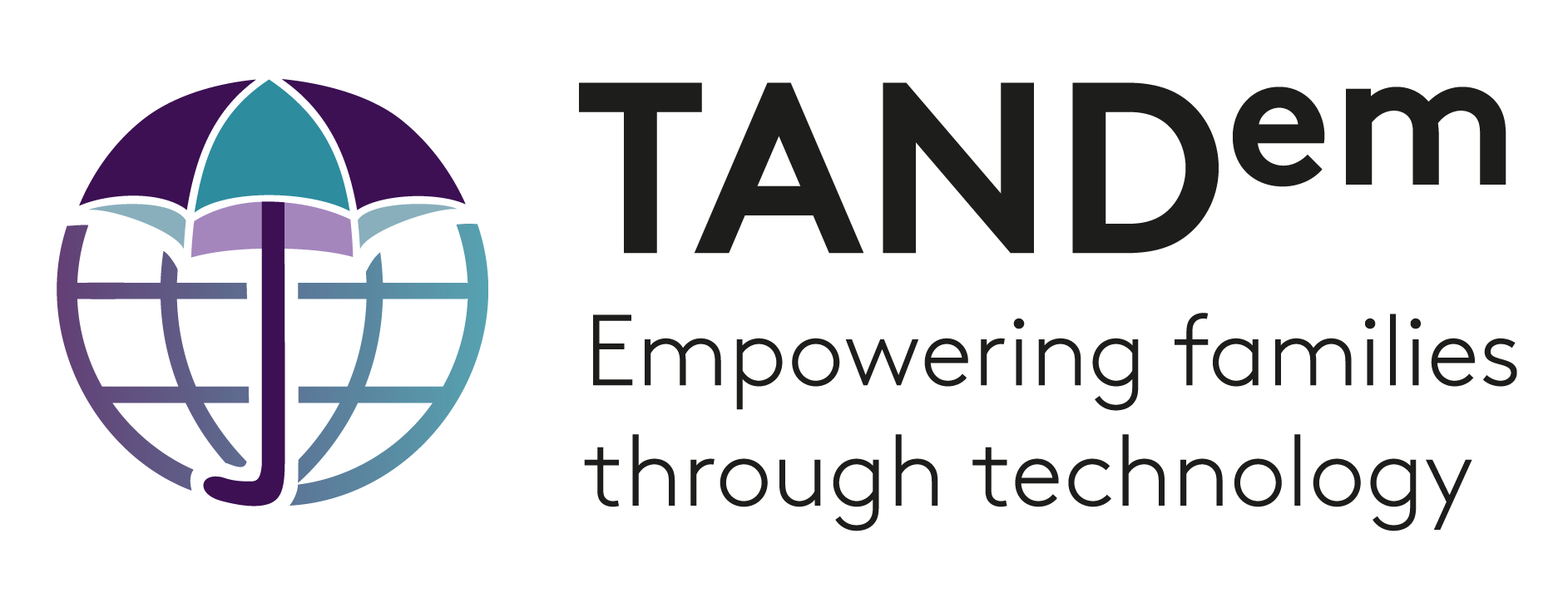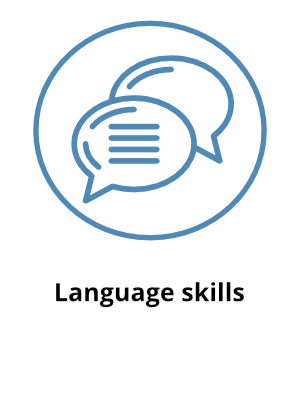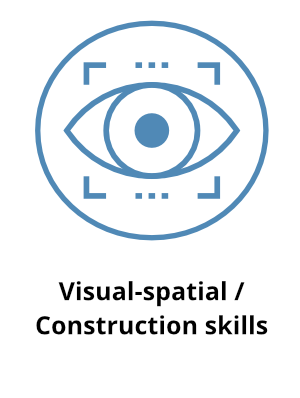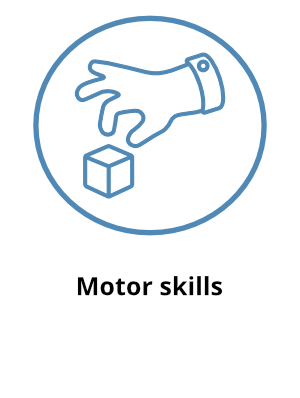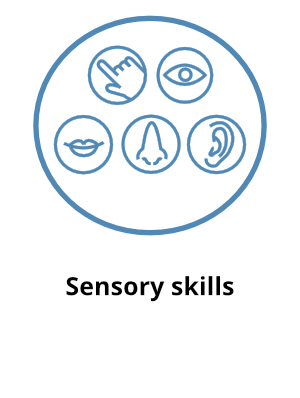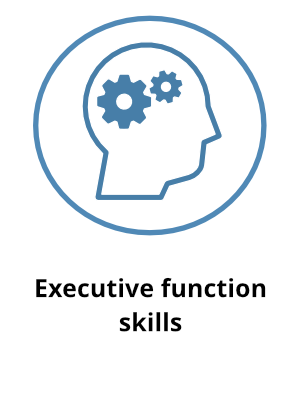Neuropsychological Cluster
Home > TAND Clusters > Neuropsychological > What to do > Motor skills
Motor skills
Individuals with motor weaknesses may participate in Physical Therapy or Occupational Therapy as appropriate. In addition, the simple but purposeful use of toys and play can promote and reinforce motor development. Rolling or throwing soft balls, reaching for toys, and chasing or following in games can all involve motor skill development. Therapists can provide formal home programmes, but parents and caregivers can devise their own preferred activities as well.
Recreational activities, hobbies, and special interests can also promote fine motor and gross motor skill development. It is always important to keep some caveats in mind as caregivers arrange such activities. There are some such opportunities specifically designed for individuals who may have significant physical or developmental limitations (such as Special Olympics or Top Soccer in the USA) or teams or classes that vary widely in ability by virtue of the young age of the students.
In all cases, it is wise to avoid emphasising the ‘end product’ or ‘achievement’ but rather to enjoy the process and physical benefit of the activity. Some examples of gross motor activities include dance classes, martial arts classes, team sports such as soccer, cross-country running, and so on. Art classes, knitting or sewing clubs, and many other activities, most of which can also be done at home, can improve fine motor skill.
Finally, it should be kept in mind that some problems with movement are related to seizures and antiseizure medications, which are very common in children with TSC. Children with some types of seizures may feel uncertain and not in control of their bodies, and have low confidence moving around and will need understanding and special encouragement.

